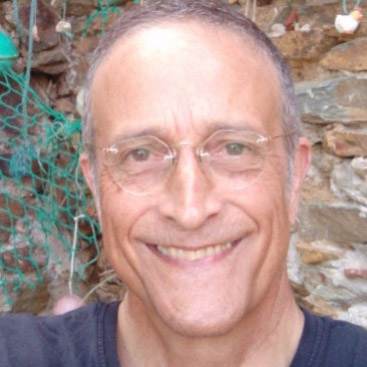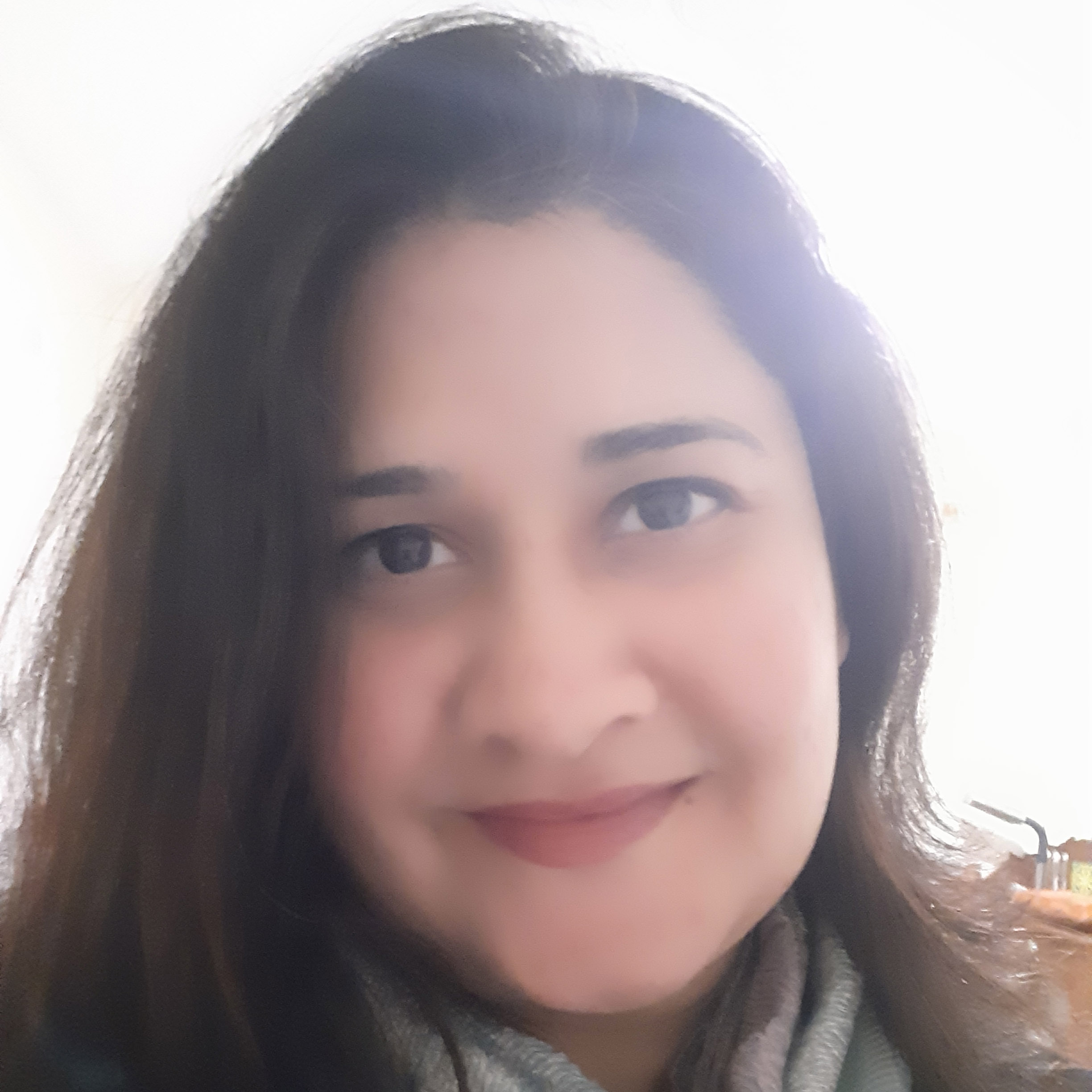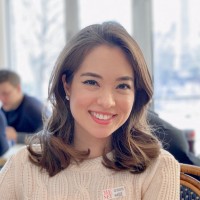To join this course which began on January 17, 2022, please donate $100 here, and contact us here.
Grounded in research on peace and ecological security, this course focusses on the relationship between two existential threats: war and environmental catastrophe. We will cover:
• Where wars happen and why.
• What wars do to the earth.
• What imperial militaries do to the earth back home.
• What nuclear weapons have done and could do to people and the planet.
• How this horror is hidden and maintained.
• What can be done.
This course is 100% online and interactions are not live or scheduled, so you can take part whenever works for you. Weekly content includes a mix of text, images, video, and audio. Instructors and students utilize online discussion forums to go over each week’s content, as well as to provide feedback on optional assignment submissions.
The course also includes three 1-hour optional zoom calls which are designed to facilitate a more interactive and real-time learning experience.
Week 1: Where Wars Happen and Why, January 17-23
Facilitator: Tim Pluta

Tim describes his path to peace activism as a slow realization that this is a part of what he ought to be doing in life. After standing up to a bully as a young teen, then getting beaten up and asking his attacker if he felt better, having a gun pushed up his nose as an exchange student in a foreign country and talking his way out of the situation, and getting out of the military as a Conscientious Objector, Tim found that the U.S. invasion of Iraq in 2003 finally convinced him that one of his focuses in life would be peace activism. From helping to organize peace rallies, speaking and marching at conferences around the world, co-founding two chapters of Veterans For Peace, the Veterans Global Peace Network, and a World BEYOND War chapter, Tim says that he delights in being invited to help facilitate the first week of World BEYOND War’s War and the Environment, and looks forward to learning. Tim represented World BEYOND War in Glasgow Scotland during COP26.
Week 2: What Wars Do to the Earth, January 24-30
Facilitator: Rukmini Iyer

Rukmini is a leadership and organization development consultant and a peacebuilder. She runs a consulting practice called Exult! Solutions based in Mumbai, India and has been working with clients around the world for over two decades. While her work straddles the corporate, educational and development spaces, she finds the idea of eco-centric living a common thread that binds them all. Facilitation, coaching and dialogue are the core modalities she works with and she is trained in a variety of approaches including human process work, trauma science, non-violent communication, appreciative inquiry, neuro linguistic programming, etc. In the peacebuilding space, interfaith work, peace education and dialogue are her main areas of focus. She also teaches interfaith mediation and conflict resolution at Maharashtra National Law University, India. Rukmini is a Rotary Peace Fellow from Chulalongkorn University, Thailand and has Master’s degrees in Organizational Psychology and Management. Her publications include ‘A Culturally Sensitive Approach to Engage Contemporary Corporate India in Peacebuilding’ and ‘An Inner Journey of Casteism’. She can be reached at rukmini@exult-solutions.com.
Week 3: What Imperial Militaries Do to the Earth Back Home, January 31-February 6
Facilitator: Eva Czermak

Eva Czermak, MD, E.MA. is a trained physician, has a Master’s degree in Human Rights and is Rotary Peace Fellow besides being a trained mediator. In the last 20 years she has mainly worked as medical doctor with marginalized groups such as refugees, migrants, homeless people, people with substance abuse problems and without health insurance, 9 of those years as manager of an NGO. Currently she works for the Austrian ombudsman and for Caritas’ aid projects in Burundi. Other experiences include participation in dialogue projects in the US, international experience in the development and humanitarian fields (Burundi and Sudan) and several training activities in the medical, communication and human rights fields.
Week 4: What Nuclear Weapons Have Done and Could Do, February 7-13
Facilitator: Emma Pike

Emma Pike is a peace educator, a specialist in global citizenship education, and a determined advocate for a world free of nuclear weapons. She is a firm believer in education as the surest means for building a more peaceful and equitable world for all. Her years of experience in research and academia are supplemented by more recent experience as a classroom teacher, and currently works as an education consultant with Reverse The Trend (RTT), an initiative that amplifies the voices of young people, primarily from frontline communities, who have been directly affected by nuclear weapons and the climate crisis.
As an educator, Emma believes that her most important job is to see the vast potential in each of her students, and to guide them in the discovery of this potential. Every child has a super power. As an educator, she knows it is her job to help each student bring their super power to shine. She brings this same approach to RTT through her firm conviction in the power of the individual to effect positive change toward a world free of nuclear weapons.
Emma was raised in Japan and the United States, and has spent much of her academic career in the United Kingdom. She holds a Master of Arts in International Relations from the University of St Andrews, a Master of Arts in Development Education and Global Learning from the UCL (University College London) Institute of Education, and a Master of Education in Peace and Human Rights Education from Teachers College, Columbia University.
Week 5: How This Horror Is Hidden and Maintained, February 14-20
Facilitator: Deniz Vural

Deniz has been fascinated by frozen and pristine environments ever since she could remember and thus, the poles become the most relevant regions for her to concentrate her efforts. During the bachelor’s degree in Marine Engineering, and after the internship as an engine cadet, Deniz had focused on polar code requirements for ships for the Bachelor thesis, where she first became aware of the vulnerability of the Arctic to climate variability. Eventually, her aim as a global citizen was to be part of the solution to the climate crisis. Despite the positive impacts of Marine Engineering, such as improving engine efficiency, she did not feel that taking part in the shipping industry was not coherent with her personal views on environmental protection, which led her to switch the career path for her Master’s program. Studying in Geological Engineering brought a middle ground between Deniz’s interest in engineering and the environment. Deniz both studied at Istanbul Technical University and also has accomplished the lectures in Geosciences during her mobility at the University of Potsdam. In detail, Deniz is an MSc candidate in permafrost research, focusing on the investigation of abrupt permafrost thaw features, especially thermokarst lakes in lowland settings, and better understanding its relationship with the permafrost-carbon feedback cycle.
As a professional, Deniz is working as a researcher in the Education and Outreach department at the Polar Research Institute (PRI) at The Scientific and Technological Research Council of Turkey (TUBITAK) and helped conduct project writing on the H2020 Green Deal, which applies citizen science approaches to illustrate the effects of climate change on polar regions and communicate those impacts to a general audience to foster sustainable-living, is improving middle and high school-level curriculum and presentations to explain the relationship polar ecosystems associated with climate change, as well as is preparing the activities both on raising the awareness on polar-climate topics, and on encouraging to diminish individual footprints such as CO2 in an environmentally- friendly manner.
In harmony with her profession, Deniz has been involved in various non-governmental organizations associated with protecting the marine environment/wildlife and fostering environmental sustainability, and leading several activities to increase individual engagement, contributing to other organizations such as Rotary International. Deniz is part of the Rotary family since 2009 and has taken part in many projects in different capacities (e.g. workshops on water and hygiene, improving the guidebook on green events, collaborating with peace projects, and volunteering in increasing education on health issues, etc.), and is currently active in the board of Environmental Sustainability Rotary Action Group to spread the peaceful and environmental action not only for Rotary members but also for every individual in the planet Earth.
Week 6: What Can Be Done, February 21-27
Facilitators: Greta Zarro and Rachel Small

Greta Zarro is World BEYOND War Organizing Director. She has a background in issue-based community organizing. Her experience includes volunteer recruitment and engagement, event organizing, coalition building, legislative and media outreach, and public speaking. Greta graduated as valedictorian from St. Michael’s College with a bachelor’s degree in Sociology/Anthropology. She previously worked as New York Organizer for leading non-profit Food & Water Watch. There, she campaigned on issues related to fracking, genetically engineered foods, climate change, and the corporate control of our common resources. Greta and her partner run Unadilla Community Farm, a non-profit organic farm and permaculture education center in Upstate New York. Greta can be reached at greta@worldbeyondwar.org.

Rachel Small is World BEYOND WAR Canada Organizer. She is a community organizer based in Toronto, Canada, on Dish with One Spoon and Treaty 13 Indigenous territory. She has organized within local and international social/environmental justice movements for over a decade, with a special focus on working in solidarity with communities harmed by Canadian extractive industry projects in Latin America. She has also worked on campaigns and mobilizations around climate justice, decolonization, anti-racism, disability justice, and food sovereignty. She currently organizes in Toronto with the Mining Injustice Solidarity Network and has a Masters in Environmental Studies from York University. She has a background in art-based activism and has facilitated projects in community mural-making, independent publishing and media, spoken word, guerilla theatre, and communal cooking with people of all ages across Canada. She lives downtown with her partner, kid, and friend, and can often be found at a protest or direct action, gardening, spray painting, and playing softball. Rachel can be reached at rachel@worldbeyondwar.org
World BEYOND War Education Director Phill Gittins and other World BEYOND War staff, board members, and partners will be online throughout the six weeks helping to facilitate.
Time commitment/expectations: How much time you spend and how deeply you engage is up to you. At a minimum, you can expect to spend between 1-2 hours a week if you only review the weekly content (text and videos). We hope, however, you’ll want to engage in the online dialogue with peers and experts. This is where the real richness of the learning occurs, where we have the opportunity to explore new ideas, strategies, and visions for building a more peaceful world. Depending on your level of engagement with the online discussion you can expect to add another 1-3 hours a week. Finally, all participants are encouraged to complete optional assignments (required to earn a certificate). This is an opportunity to deepen and apply the ideas explored each week to practical possibilities. Expect another 2 hours a week if you pursue these options.
Accessing the course. Prior to the start date, you will be sent instructions for how to access the course.
Earn a certificate. To earn a certificate, participants must also complete optional weekly written assignments. Instructors will return the assignment to the student with detailed feedback. Submissions and feedback can be shared with everyone taking the course or kept private between a student and the instructor, at the student’s choice. Submissions must be completed by the conclusion of the course.
The cost of the course is the same for someone completing all, some, or none of the assignments.
Questions? Contact: phill@worldbeyondwar.org
To register by check,
1. Email Phill and tell him. 2. Make the check out to World BEYOND War and send it to World BEYOND War 513 E Main St #1484 Charlottesville VA 22902 USA.
Registrations are not refundable.
Facebook Event to Promote This:
https://www.facebook.com/events/605402944037814





